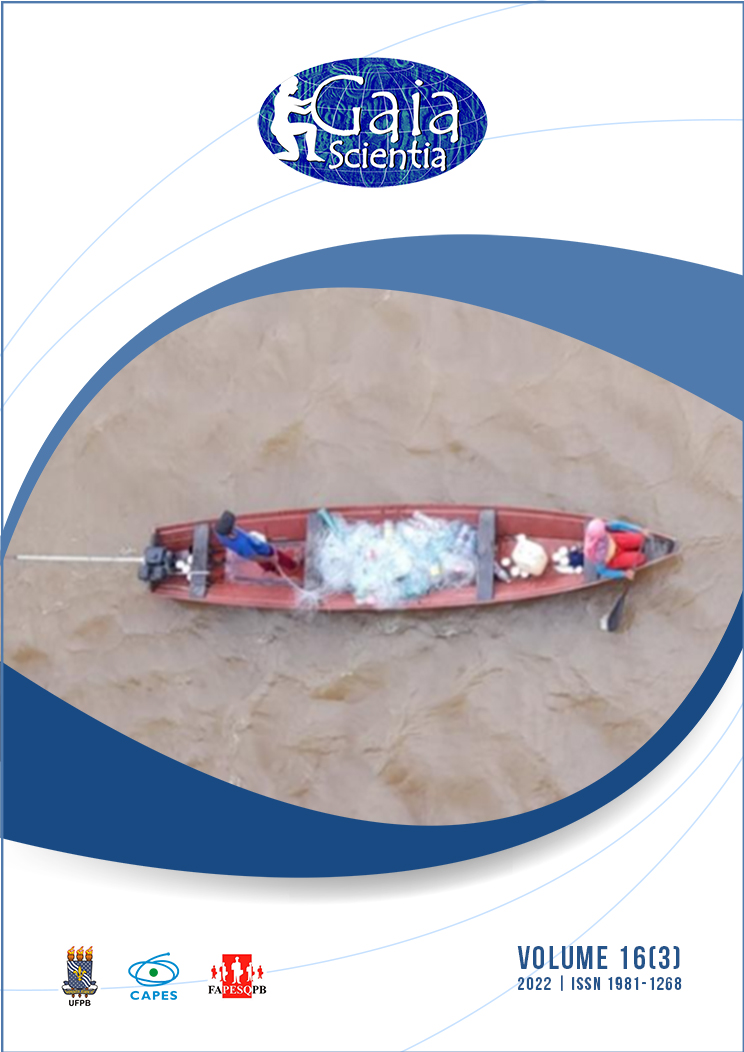Socio-environmental relations of residents in the João-de-Barro urban informal settlement, Boa Vista – Roraima, Brazil
DOI:
https://doi.org/10.22478/ufpb.1981-1268.2022v16n3.64190Abstract
Urban informal settlements are a type of irregular settlements characterized by irregular development models and the lack of formal deeds and basic public services. The general objective of this study was to reveal the socio-environmental relations and interactions of people living in the settlement represented by a complex environmental system called João-de-Barro, located in the peri-urban area of the city of Boa Vista – Roraima, Brazil. The methodology comprised a literature review combined with documentary analysis, followed by field visits for participant observation and a survey conducted through a form. The research design consisted of a case study with an epistemological approach to the paradigm of the dialectic of systemic complexity. The results revealed that the João-de-Barro settlement stems from the struggle of social movements that originated at the Boa Esperança farm. The site was transformed into a Special Area of Social Concern in 2011. Based on the residents’ perception, the researchers identified multidimensional aspects of social, territorial, and environmental nature in that settlement. Measures are necessary for the provision of basic services, as the site has been contributing to environmental degradation, evidenced by the irregular waste disposal, soil and groundwater pollution, among other environmental problems, especially around Permanent Preservation Areas.










